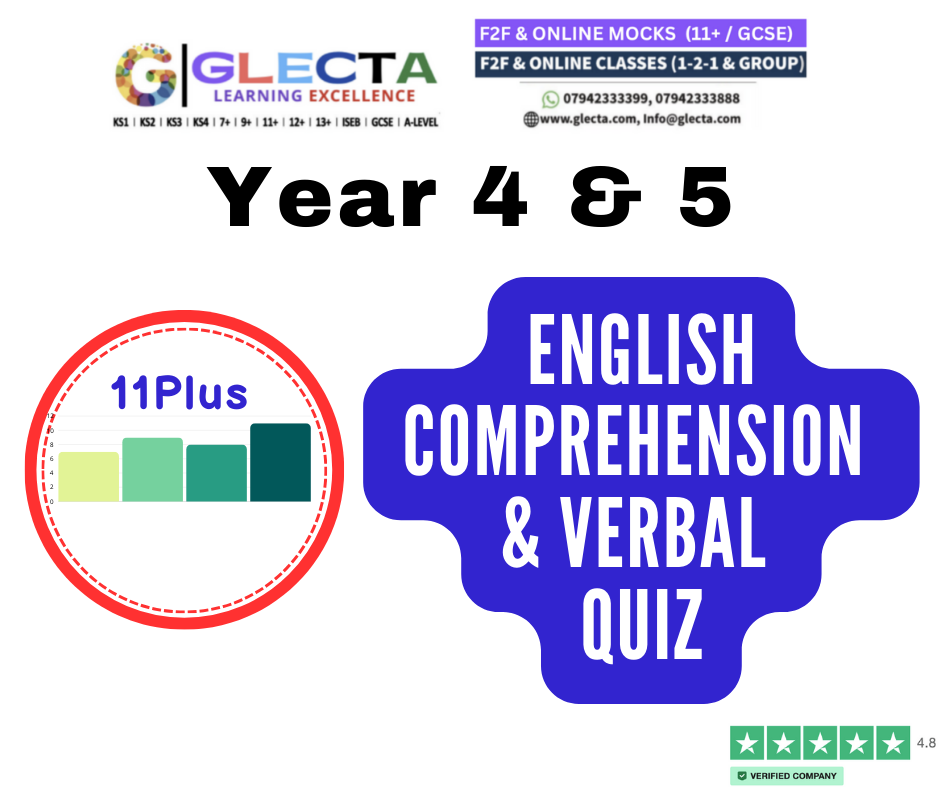- +44 7942333888, 07942333399 | [email protected]
A PHP Error was encountered
Severity: Warning
Message: Undefined array key "total"
Filename: helpers/multi_language_helper.php
Line Number: 55
Backtrace:
File: /var/www/html/application/helpers/multi_language_helper.php
Line: 55
Function: _error_handler
File: /var/www/html/application/views/frontend/default/glecta/cart_items.php
Line: 182
Function: site_phrase
File: /var/www/html/application/views/frontend/default/glecta/logged_out_header.php
Line: 1002
Function: include
File: /var/www/html/application/core/MY_Controller.php
Line: 84
Function: view
File: /var/www/html/application/controllers/Blogs.php
Line: 57
Function: __template
File: /var/www/html/index.php
Line: 368
Function: require_once
A PHP Error was encountered
Severity: Warning
Message: Undefined array key "go_to_cart"
Filename: helpers/multi_language_helper.php
Line Number: 55
Backtrace:
File: /var/www/html/application/helpers/multi_language_helper.php
Line: 55
Function: _error_handler
File: /var/www/html/application/views/frontend/default/glecta/cart_items.php
Line: 187
Function: site_phrase
File: /var/www/html/application/views/frontend/default/glecta/logged_out_header.php
Line: 1002
Function: include
File: /var/www/html/application/core/MY_Controller.php
Line: 84
Function: view
File: /var/www/html/application/controllers/Blogs.php
Line: 57
Function: __template
File: /var/www/html/index.php
Line: 368
Function: require_once
A PHP Error was encountered
Severity: Warning
Message: Undefined array key "your_cart_is_empty"
Filename: helpers/multi_language_helper.php
Line Number: 55
Backtrace:
File: /var/www/html/application/helpers/multi_language_helper.php
Line: 55
Function: _error_handler
File: /var/www/html/application/views/frontend/default/glecta/cart_items.php
Line: 191
Function: site_phrase
File: /var/www/html/application/views/frontend/default/glecta/logged_out_header.php
Line: 1002
Function: include
File: /var/www/html/application/core/MY_Controller.php
Line: 84
Function: view
File: /var/www/html/application/controllers/Blogs.php
Line: 57
Function: __template
File: /var/www/html/index.php
Line: 368
Function: require_once

